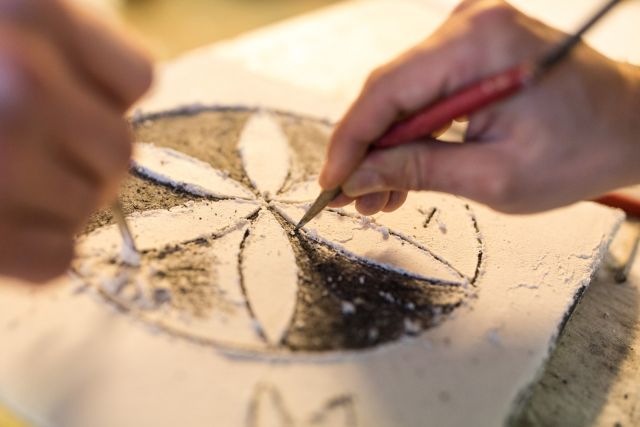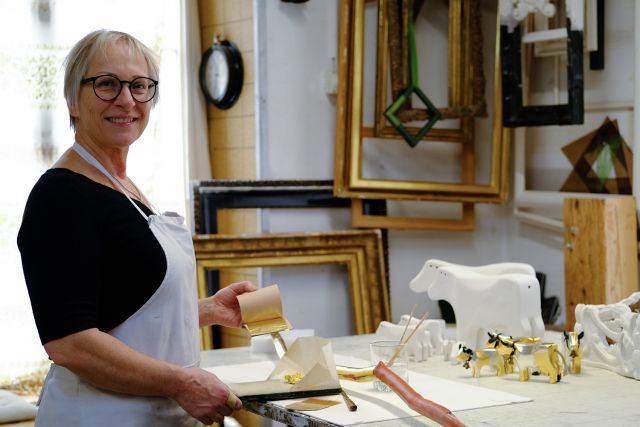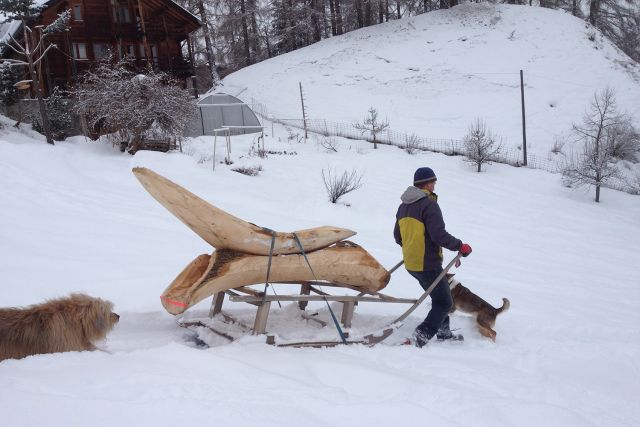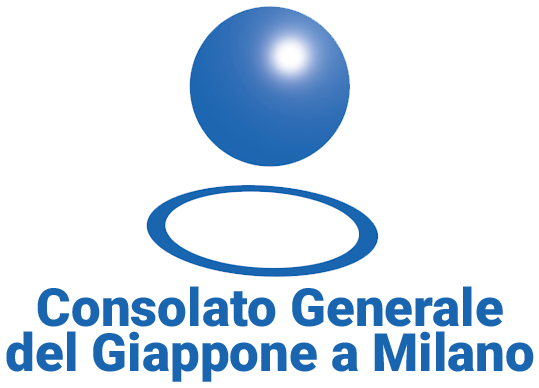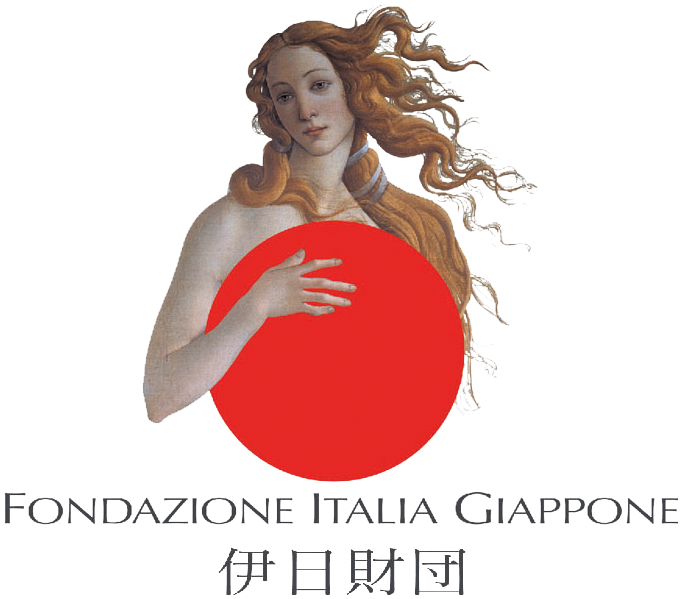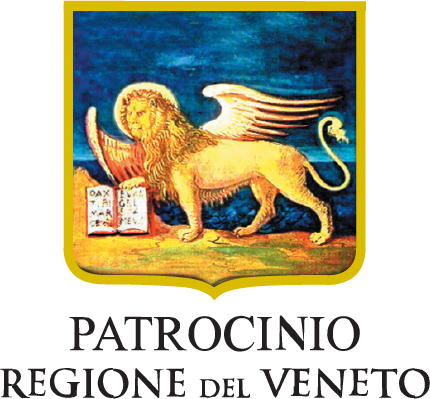This oval piece is thermoformed glass with a face print in the centre. The eyes are void, overlaid with black grisaille on both parts of the piece forming two large, deep, empty holes. Roots emerge from the eye sockets, scattering over the face. A marked mouth, in a Japanese style, is inspired by Cécile Delanoë's travels to Asia. This piece is a questioning about our roots and the projection of who we are through what we see.
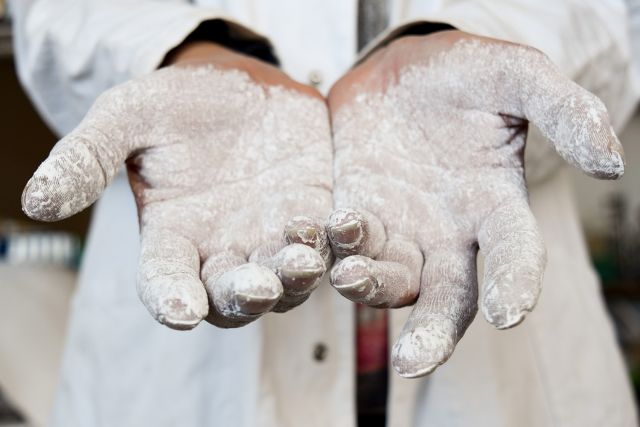
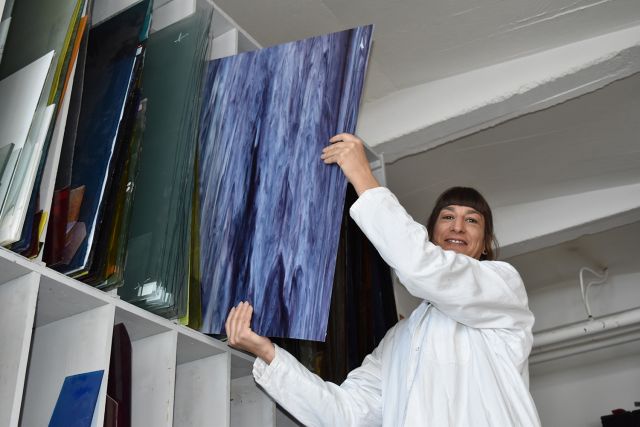
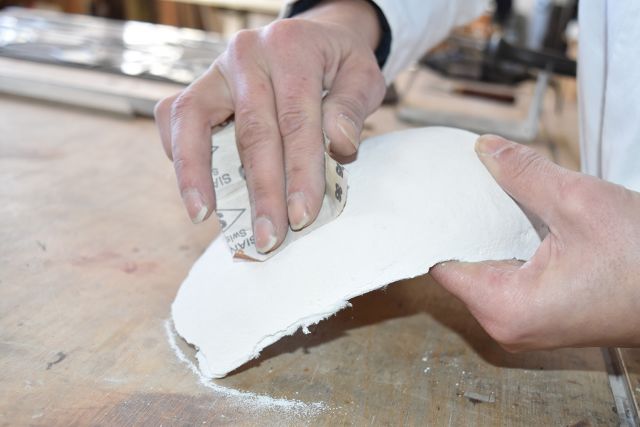
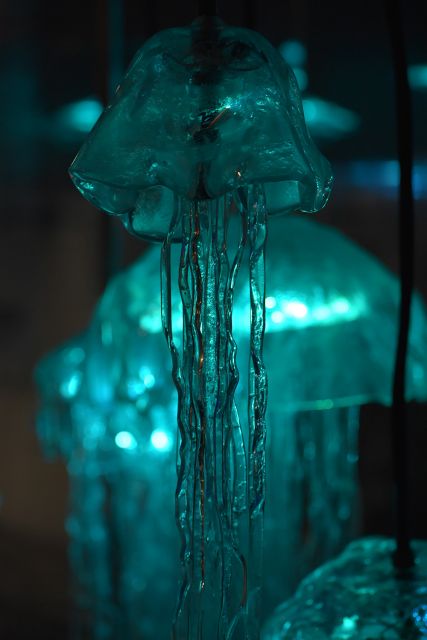
Cécile Delanoë
- Glass painter
- Palézieux, Switzerland
- Master Artisan
- Recommended by Métiers d'art Suisse
By appointment only
+41 764054709
Working in tandem with glass
- • Cécile grew up in her father’s glass making workshop
- • She came back to glass painting after a first career path
- • She restores pieces as well as creating her own
Although she spent her childhood in her father's glass painting workshop, Cécile Delanoë started her career path as a costume designer for theatre. It was later in life that she came back to the craft that had been part of her life since the beginning. Her work is split between restorations and original creations which gives her the possibility of exploring new techniques and the different reactions of glass. "Craftsmanship is a collaborative experience between the craftsperson and the material," she says. Cécile's sources of inspiration are numerous, from water-related elements such as oceans and seas, to human beings in their physicality and emotions.
Read the full interviewWorks
Photo: ©om_photos_therapeutiques

Photo: ©om_photos_therapeutiques
This is a large wooden frame painted in white with a thin sheet of thermoformed glass pinned on the front. It is an octopus painted with a pen. Black lines and touches of silver and yellow punctuate the representation. In the background, a thermoformed square gives a second dimension to the work with tentacles.

Photo: ©om_photos_therapeutiques
This is the painting of an abyssal fish in dark blue to brown tones on a thermoformed glass plate with jellyfish prints. The glass is covered at the top and bottom with an aluminium tube on which a leather cord representing the nets of the large trawlers of massive fishing is entwined. The work is then squeezed between these two tied tubes.

Photo: ©om_photos_therapeutiques
This is a thermoformed glass jellyfish. A fused glass plate holds 43 glass tentacles, all unique. Twelve LEDs are inserted in this plate on which the 'head' of the jellyfish with variable glass thickness is placed. A nine-minute light creation powers the 30 existing jellyfish. They all vary in shape, size, quantity of LEDs and tentacles.





